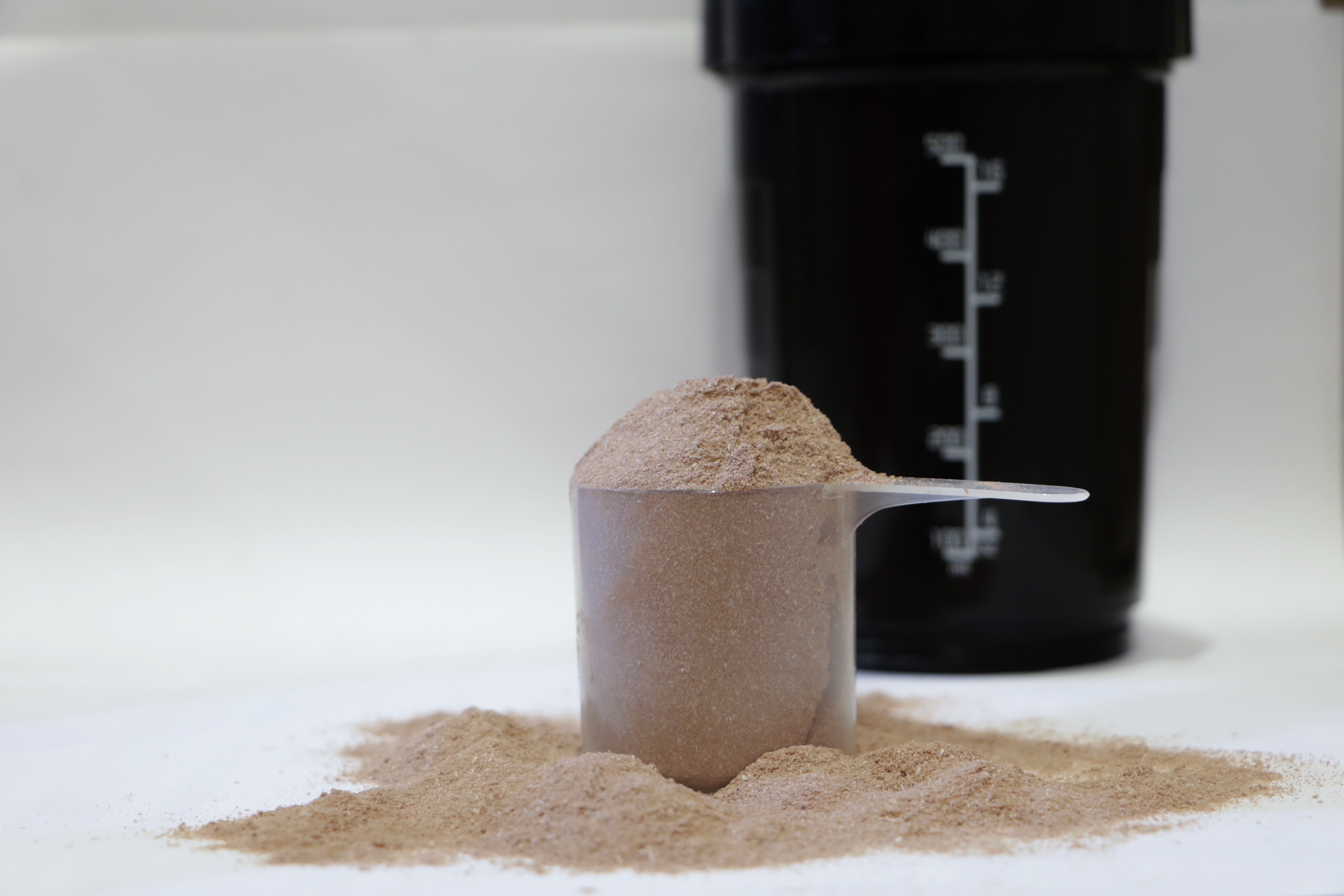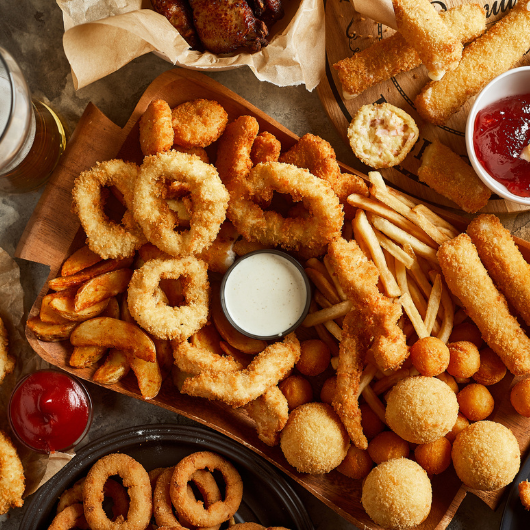What Is ‘Dry Scooping,’ and Why Is It Dangerous?

December 23, 2021
Periodically, bizarre challenges surface and trend on social media, tempting people to try out the latest technique while recording themselves. Some challenges are harmless, but others are potentially dangerous.
One concerning challenge, known as “dry scooping,” gained popularity on TikTok: Someone takes a scoop of powdered pre-workout supplement mix and attempts to swallow it dry, rather than adding it to liquid.
This isn’t an innocuous stunt to pull for a laugh; dry scooping may have dangerous health effects because of the ingredients in pre-workout supplements, including high levels of caffeine.
Why is Dry Scooping Dangerous?
Dry scooping may trigger health problems ranging from trouble breathing to a heart attack, even among young, healthy people.
Some people who consume a dry scoop of pre-workout mix may accidentally inhale some of the powder, which isn’t intended to be swallowed dry. As they attempt to catch their breath, they may cough out powder everywhere. If the powder makes its way to the lungs, they may develop inflammation or an infection.
Other people who dry scoop may experience heart palpitations or other heart-related symptoms because of the high caffeine content of pre-workout powder. One scoop of a typical pre-workout powdered supplement mix may contain the caffeine equivalent of three cups of coffee. It’s intended to give someone a boost of energy during a workout. When someone mixes the powder with water, they drink it gradually, which limits the amount of caffeine that they consume all at once. But when someone ingests an entire serving of powder in one mouthful, they’re hit with the caffeine equivalent of multiple cups of coffee in a single wave. This can make the heart pump at an accelerated rate... or worse. This spring, 20-year-old Briatney Portillo, a social media influencer, had a heart attack after dry scooping.
“Dry scooping could have a dangerous effect on your heart, because high levels of caffeine might cause heart palpitations, an irregular heartbeat or another cardiac problem,” says Joseph Underwood, M.D., chair of emergency medicine at Hackensack University Medical Center. “People who are more likely to participate in social media challenges are teens and 20-somethings, and they’re generally young and healthy. They don’t expect that copying something funny that they saw online could threaten their well-being, but it’s possible.”
Ingredients which may be present in pre-workout powders
Many companies manufacture pre-workout powders, and the ingredients in each company’s products vary somewhat. However, many pre-workout powdered supplements include:
- creatine or other amino acids, which may help to build muscle
- protein, which may also help to build muscle
- electrolytes, which may help prevent dehydration due to sweating during long workouts
- high levels of caffeine
Dietary supplements aren’t regulated by the Food and Drug Administration the same way that medications are. For this reason, it’s possible that supplements – including pre-workout powder – may contain higher or lower levels of ingredients listed on the label, including caffeine.
Symptoms that dry scooping may cause
The two main concerns with dry scooping include breathing difficulties – for people who have trouble swallowing the chalky, dry powder – and heart-related problems, from excessive levels of caffeine consumed in a short time frame. Possible symptoms include:
- difficulty breathing
- heart palpitations
- accelerated heartbeat
- irregular heartbeat
- heart attack (which has been documented at least once)
“You shouldn’t participate in social media challenges, especially if the challenge requires you to ingest something in a way that it wasn’t intended to be ingested,” says TK doctor. “It isn’t worthwhile to risk your health for the promise of some ‘likes’ on social media.”
Next Steps & Resources:
- Meet our source: Joseph Underwood, M.D.
- Make an appointment online with a doctor near you, or call 800-822-8905.
The material provided through Healthier You is intended to be used as general information only and should not replace the advice of your physician. Always consult your physician for individual care.
Find a doctor near me
Clinical Contributors
Behind the ‘Benadryl Challenge’ and Why It’s Harmful

The “Benadryl Challenge” has been made popular on TikTok. Our pediatric emergency specialist weighs in on what it is, and the associated risks.
Should You Switch from Pediatrician to Family Doctor?

You may be wondering when it is appropriate to see a family doctor, or primary care physician.
Find a doctor near me

6 COVID-Friendly Party Snacks
Enjoy COVID-friendly party snacks this year! Learn safe ways to celebrate & protect yourself and guests. Get your COVID-19 vaccine now.

Worst Foods to Eat for Your Health
Limit unhealthy foods for better health. Dr. Sayanlar shares tips on reducing added sugar, salt, refined carbs, and processed meats. Learn more & schedule an appointment.

What Is Neuro Fatigue?
Neuro fatigue explained. Learn about causes, treatments, and prevention strategies from Dr. Krupa Pandey. Schedule an appointment today.

Does IV Hydration Cure Hangovers?
IV Hydration for Hangovers? Dr. Ignacio explains why IV fluids aren't a cure. Learn effective hangover remedies & get expert advice. Call 848-308-4911.

